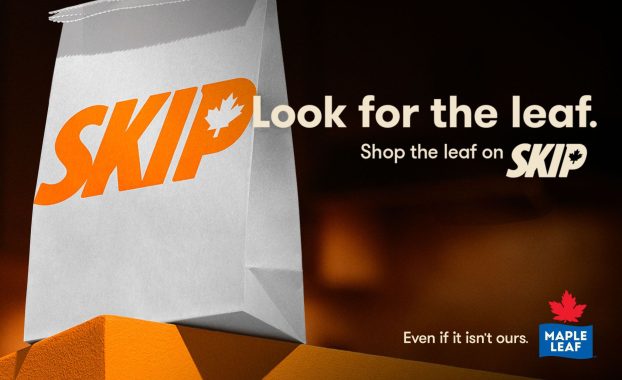‘But everyone knows a bank’s sole purpose is to make money.’
– Strategy, July 30, 2001
‘Air Canada has [been] promising to upgrade its customer service. A promise it never delivered.’
– Strategy, July 30, 2001
‘Book publishers myopic about marketing…Book marketers falling down on the job.’
– Strategy, August 13, 2001
Hey. Have you noticed something? This little newspaper/magazine/ whatever-the-hell-it-is is starting to get feisty!
Yes-siree-Bob. In the viewpoint of an independent observer – me – Strategy is very definitely developing an attitude. And it looks good on them.
Once upon a time, if Strategy or its glossy competitor had wanted to (oh my gosh!) dump on a Humungous Bank or the National Airline, the story would have gone something like this:
‘Sources indicate a certain hesitant consumer dissatisfaction with the recent efforts of Air Bank to replace all flight attendants with Automated Pretzel-Dispensing Machines. In fact, on a recent transborder flight, one gentleman in seat 106P reportedly raised his hand and requested permission to express air rage. The request was fortunately denied by the nearest APD machine, and spokespersons for Air Bank quickly explained the situation by pointing out that the gentleman in question was American.’
Nowhere in the story would the trade publication go so far as to express a viewpoint or an opinion. Editors often proclaim the rightness of this timidity, saying that opinion only belongs on columnists’ pages like these, where gurus like Base and me spout off. The true ‘news’ pages must remain pure and uncolored by anything that might enter a reporter’s headspace beyond The Story.
This, of course, is a crock. Publications express opinions hundreds of times in every issue. They express opinions by choosing which story to put on the front page, how to headline it, whether or not to add a cartoon with Mel in a cannibal pot. They express opinion by deciding which result to feature from a new poll, when to drop a long-running column, how clearly to describe the stain on Monica’s dress.
In its early days under founding editor Henry Luce, Time magazine used to be famous for its editorial bias, mostly slightly to the right of Vlad the Impaler. Its arch-competitor, Newsweek, launched a campaign with the theme, ‘We Separate Fact From Opinion.’ It was clearly meant to skewer Time, and position itself as the spotless defenders of journalistic integrity.
I was then creative director of Time’s advertising, and Newsweek got my back up.
I gave my team the assignment of responding, and one bright young guy came back with a layout I loved. It showed a table covered with test tubes, beakers, and little bags of chemicals labeled sodium, phosphorus and stuff like that. I think it also had a little sign saying, ‘TOTAL VALUE, $2.87.’ The headline read, ‘THIS IS A PORTRAIT OF A MAN WITH HIS FACTS SEPARATED FROM HIS OPINIONS.’
I hailed a cab and took it to the Time-Life Building as fast as I could, and the cool heads there told me what to do with it, which also contained a certain bias. They were, of course, correct. The big guy notices the little guy at his own peril – Hertz vs. Avis, Coke vs. Pepsi – and besides, Time’s editorial stance had more journalistic integrity than Newsweek’s to begin with.
So anyway, it appears to me that Strategy is no longer separating facts from opinion.
I think this is pretty nifty, and pretty gutsy – after all, they might get yelled at by the banks and the Great Airline and the book publishers, about whom they have dared to express an opinion.
So be it. It makes interesting reading.
John Burghardt’s checkered resume includes the presidency of a national agency, several films for the Shah’s government in Iran, collaboration with Jim Henson to create the Cookie Monster, and a Cannes Gold Lion. The letterhead of his thriving business now reads ‘STRATEGIC PLANNING * CREATIVE THINKING.’ He can be reached by phone at (416) 693-5072 or by e-mail at burgwarp@aol.com.
ED NOTE: Let it be publicly known that John Burghardt is not an employee of Strategy nor was he bribed, threatened, blackmailed or otherwise coerced into saying nice things about us. (Although it’s true that if he’d been as complimentary about any other publication, this column would never have seen the light of day.)























